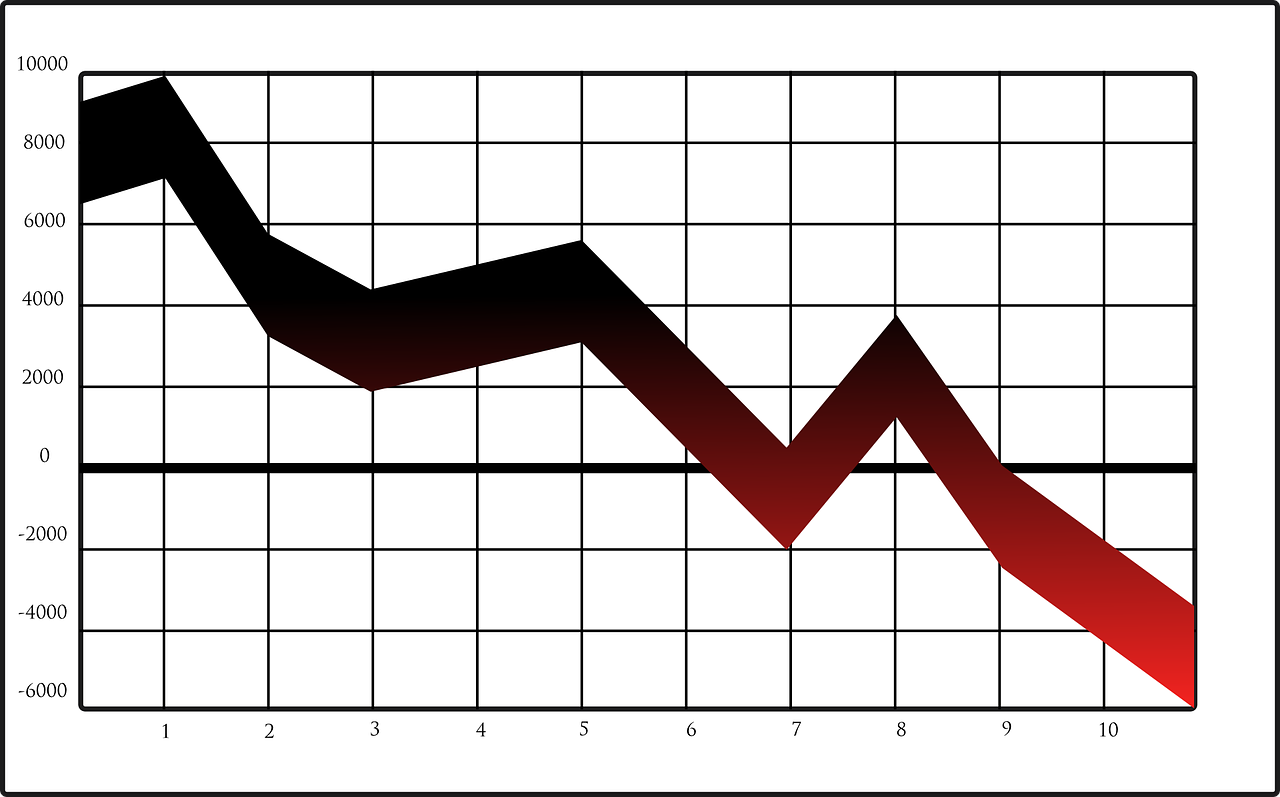Deprecated: Creation of dynamic property OMAPI_Elementor_Widget::$base is deprecated in /home2/inancjw3/public_html/wp-content/plugins/optinmonster/OMAPI/Elementor/Widget.php on line 41
 Interest rates affect a vast amount of people every day.
Interest rates affect a vast amount of people every day.
Understanding how interest rates affect you personally is vital to having good financial success.
Today, we will look at what interest rates are, and 4 specific factors that will impact what rate you have.
What are Interest Rates?
There are two basic kinds of interest rates that fall into two simple categories: money owed and money growing.
Interest rates, in relation to money that is being lent or owed, are simply the amount a lender charges the borrower to use the lender’s money. This interest rate is what this article will discuss.
Interest rates in relation to money growing are seen in the percentage rates given from a financial institution such as a bank for using your money in a checking/savings account or a certificate of deposit (CD).
Compound interest is an offshoot of growing money but is a much more in-depth topic than dealt here.
What Affects Interest Rates on a Loan?
There are many reasons you may be in the market for a loan: business expense, home or car purchase, college, etc. When taking out a loan, you will be met with a varied rates decided by a few factors. These factors are what we discuss below.
 Riskiness of the Borrower
Riskiness of the Borrower
The first factor many financial institutions will look at is a compilation of a number of factors. Riskiness includes the borrowers credit score, age, income level, and past loan history.
Credit Score
One’s credit score is a primary source of information for lenders. Understanding your credit score as a borrower is vital before seeking a loan.
Income Level
Your income level is another vital point to consider when seeking a loan.
Naturally, a lender is more likely to lend money at a lower interest rate to someone with higher income. Why? Because the chances of them being paid back is greater when the income is greater.
Past Loan History
Similar to a credit score, past loan history tells the lender of the borrower’s financial tendencies.
Has the borrower paid previous loans back early? Perhaps the borrower has never had a loan before. On the other hand, maybe the borrower has had many successful loans.
These, and other trends, provide important information to lenders when deciding on a loan and its interest rate.
Age
Another factor lenders look at is the borrower’s age. Simply stated, certain ages hold more water when it comes to getting a loan.
Compare a 40-year-old and a 22-year-old. The 40-year-old probably has a more stable job, higher income, and history with taking loans.
Both of these individuals may have the same job, and credit score, but an unknown 22-year-old typically provides more risk than a proven 40-year-old.
Length of the Loan or Loan Term
In addition to a borrower’s risk level, a second factor is the length of the loan. More can be seen on this topic where we discussed loan term.
Loan Amount
The amount of the loan in a third important factor in deciding your interest rate. This point harkens back to the risk level for the lender.
Generally speaking, a higher loan amount is typically higher risk, meaning a lender may want the extra cushion of a higher interest rate.
Down Payment Amount
The amount of your down payment, or if you have one at all, can drastically change your interest rate for your loan. Understanding what a good down payment is and when you should have one is important information.
Interest Rate Type
A final factor that can change your interest rate is the type of interest rate. Being aware what interest rate you should get is important information when making your financial decisions.







